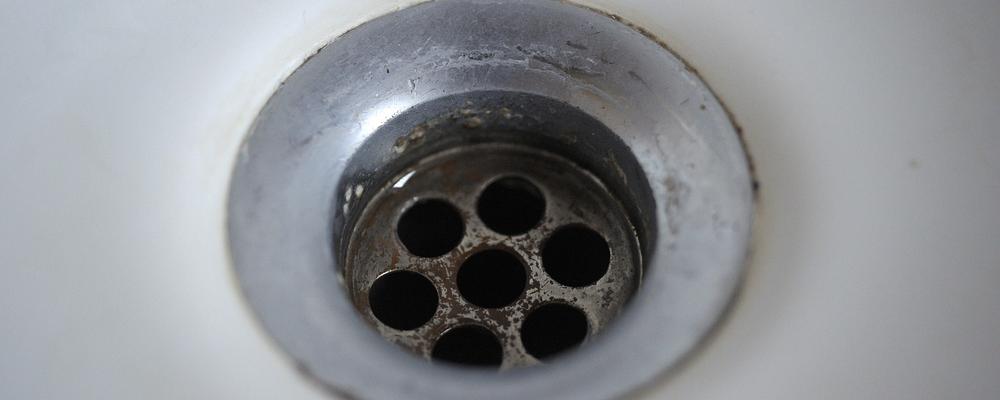
Surveillance
Antimicrobial surveillance refers to efforts to monitor changes in populations of microbes to help understand evolving patterns of resistance to anti-infectives. Surveillance and monitoring is essential for slowing the emergence and spread of drug-resistant microorganisms in humans, animals, plants, and the environment.
Key instrument to select effective treatments
Sound knowledge of which types of antibiotic resistant bacteria are present in a region helps health professionals to make more accurate diagnoses and select effective treatment options.
CARe's goal is to develop a resource-efficient sewage monitoring system to analyze the occurrence of antibiotic resistant bacteria deriving from fecal matter. One sewage sample reflects the existence of antibiotic resistance in intestinal bacteria from an entire community.


